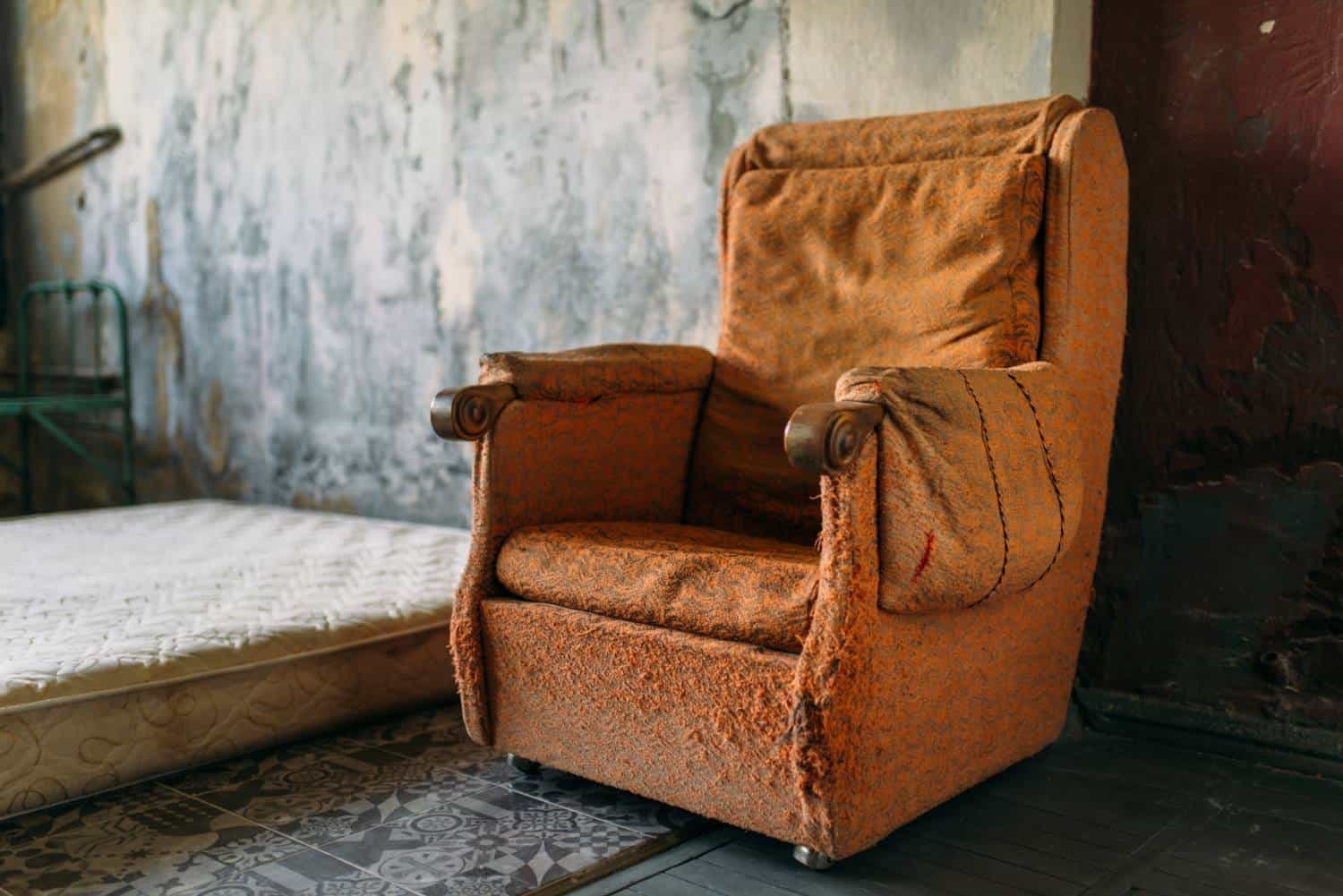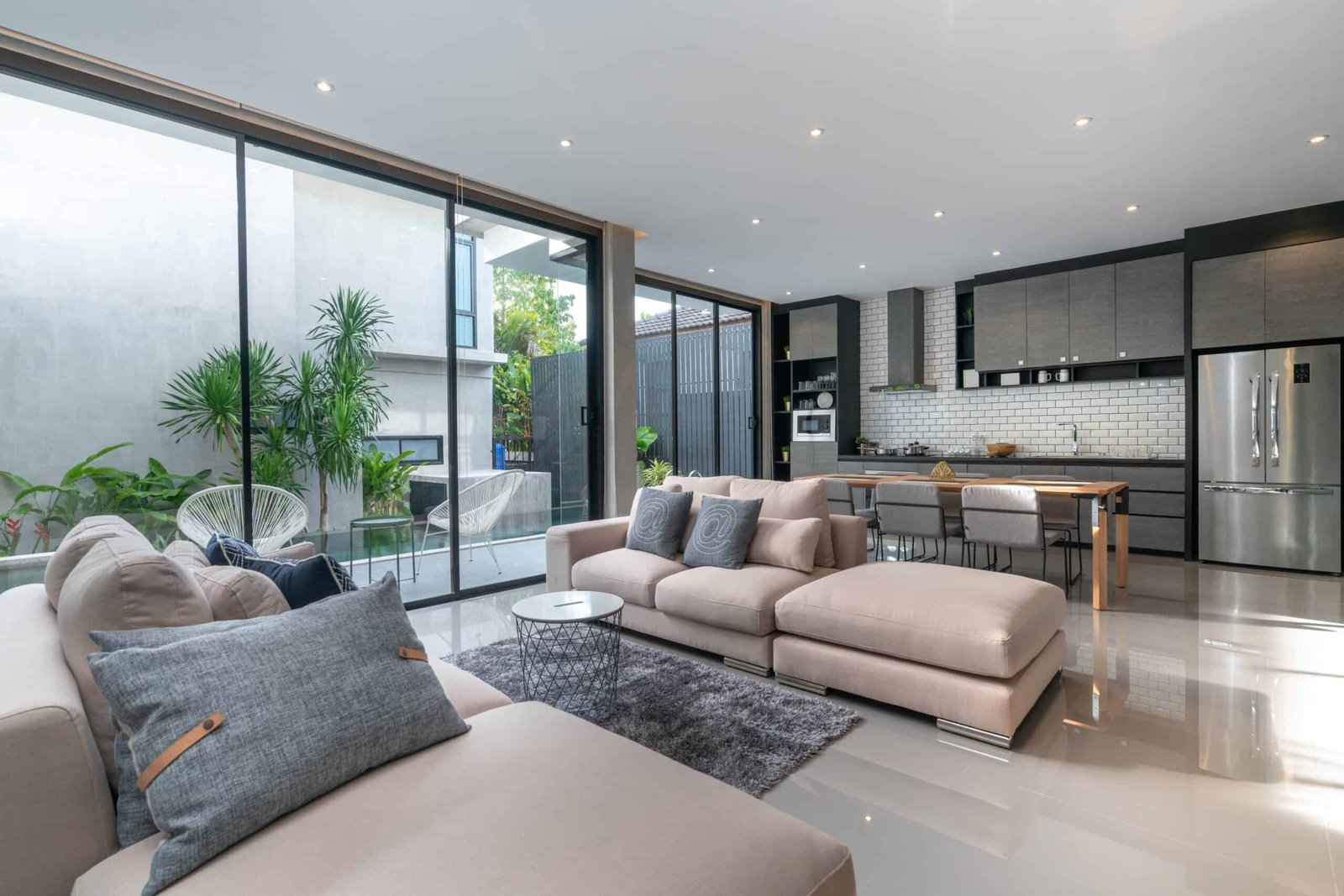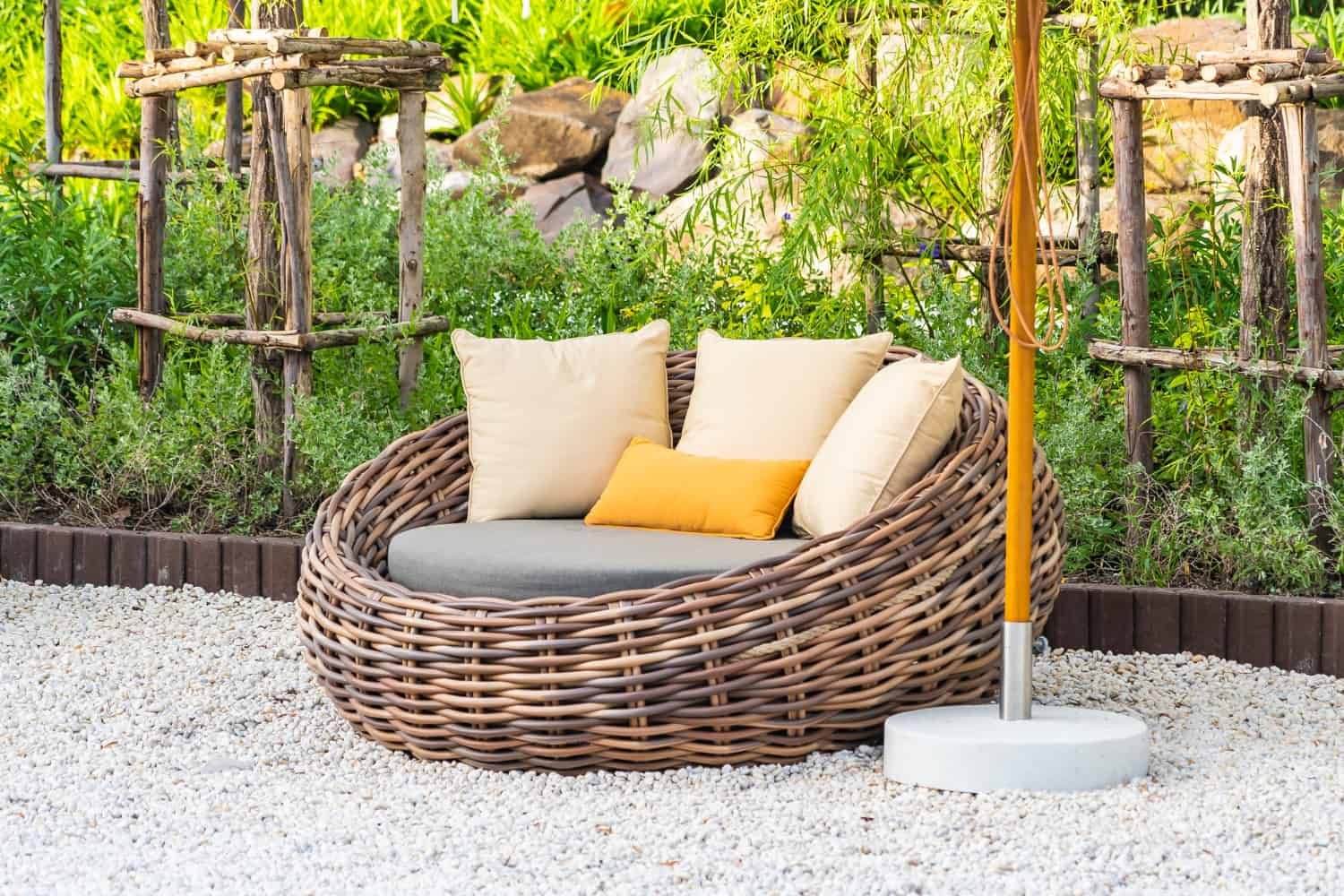
Disclaimer: As an Amazon Associate, “Furniture UK” earns from qualifying purchases.
Which Option Is Right for You? Renting or Buying Furniture? Let’s find out!
Are you stuck in a dilemma about furnishing your home? The decision to rent or buy furniture can be a daunting one. Several factors, including your budget, lifestyle, and personal preferences, will influence your choice. But don’t worry; we’ve got you covered. Renting furniture is a fantastic choice if you’re on a tight budget or uncertain how long you’ll live in a particular place. It allows you to have the necessary furniture without a significant upfront investment. Let’s explore the pros and cons of both options and help you make an informed decision.
On the other hand, buying furniture can be a better option if you’re looking for something more permanent or want to invest in high-quality pieces that will last for years. With buying, you have more control over the style and design of your home, and it can be an excellent way to build equity in your assets over time. So, which option will you choose? Keep reading to find out!
Pros and Cons of Renting Furniture
You have two main options when furnishing your home: renting or buying. While buying furniture can be a long-term investment, renting furniture offers a more flexible and affordable option. Here are some pros and cons to consider before deciding whether to rent or buy furniture:
Pros of Renting Furniture
- Minimal upfront costs: Renting your furniture means you don’t have to pay much to furnish your home. This can be especially helpful if you’re on a tight budget or don’t plan to stay in one place for very long.
- Flexibility: Renting furniture allows you to change your style and décor as often as you like without the commitment of owning furniture. This can be especially helpful if you want to switch things up frequently.
- Convenience: Renting furniture means you don’t have to worry about moving heavy and bulky items when you move. The furniture rental company will typically handle the delivery and pickup for you.
Cons of Renting Furniture
- Higher long-term costs: While renting furniture may be more affordable upfront, the long-term costs can add up over time. Monthly rental fees can be more expensive than buying furniture outright.
- Limited selection: Furniture rental companies may have limited styles and pieces, which makes it challenging to find precisely what you want.
- No ownership: When you rent furniture, you don’t own it. You can’t modify or alter the table and must return it when your rental period ends.
- Overall, whether you choose to rent or buy furniture will depend on your personal preferences and circumstances. It’s important to weigh each option’s pros and cons before deciding.
Pros and Cons of Buying Furniture
Buying furniture has its advantages and disadvantages. Here are some of the pros and cons of buying furniture:
| Pros | Cons |
| You own the furniture and can use it as long as you want | Expensive upfront cost |
| You can choose from a broader range of styles and materials | May need to replace the furniture in the future |
| You can customize the furniture to your liking | You may not be able to afford high-quality pieces |
| You don’t have to worry about returning the furniture or incurring fees | It may not be suitable for short-term living situations |
Buying furniture allows you to own high-quality pieces without worrying about damaging them and incurring costs. You can customize the furniture and choose from various styles and materials. You don’t have to worry about returning the furniture or incurring fees.
However, buying furniture also comes with some disadvantages. The upfront cost can be expensive, and you may need to replace the table in the future. Additionally, you may be unable to afford high-quality pieces, which may not be suitable for short-term living situations.
Factors to Consider when Deciding to Rent or Buy Furniture
When deciding whether to rent or buy furniture, there are several factors to consider. Here are some of the most important:
-
Budget
Your budget is one of the most important things to consider when deciding whether to rent or buy furniture. Renting furniture may be the best option if you have a limited budget. Renting furniture lets you have stylish, high-quality furniture without breaking the bank. On the other hand, if you have a larger budget, buying furniture may be a better option in the long run, as you will own the furniture and won’t have to worry about monthly rental fees.
-
Length of Stay
If you plan to stay in your current home for a short period, renting furniture may be a better option. Renting allows you to have stylish and functional furniture without the hassle of moving heavy furniture from one place to another. On the other hand, if you plan to stay in your home longer, buying furniture may be a better option as you will own it and won’t have to worry about returning it when you move.
-
Lifestyle
Your lifestyle is another important factor when deciding whether to rent or buy furniture. If you have a busy lifestyle and don’t have the time to shop for furniture or move heavy furniture around, renting furniture may be a better option. Renting allows you to have stylish and functional furniture without the hassle of shopping, moving, or assembling furniture. On the other hand, if you enjoy shopping for furniture and want to create a unique and personalized space, buying furniture may be a better option, as you can choose furniture that reflects your style and taste.
-
Maintenance
Maintenance is another crucial factor when deciding whether to rent or buy furniture. If you rent furniture, the rental company will usually take care of any maintenance or repairs that need to be done. On the other hand, if you buy furniture, you will be responsible for any maintenance or repairs that need to be done. If you don’t have the time or skills to maintain or repair furniture, renting may be a better option.
Environmental Impact
Finally, it’s essential to consider the environmental impact of renting versus buying furniture. Renting furniture can be more environmentally friendly as it reduces the amount of furniture in landfills. On the other hand, buying furniture can be more environmentally friendly if you choose furniture made from sustainable materials or buy second-hand furniture.
Cost Comparison Between Renting and Buying Furniture
When furnishing your home, one of your most significant decisions is renting or buying furniture. While both options have advantages and disadvantages, the cost is one of the most critical factors. Here’s a cost comparison between renting and buying furniture:
| Cost Factor | Renting | Buying |
| Upfront cost | Low | High |
| Monthly cost | Higher | Lower |
| Flexibility | High | Low |
| Quality | High | Varies |
As you can see from the table above, renting furniture typically has a lower upfront cost than buying furniture. However, the monthly cost of renting furniture is generally higher than purchasing furniture outright. This is because you’re essentially paying a premium for the flexibility of renting furniture. You can easily swap out pieces or return them together without worrying about the hassle of selling or storing them.
The decision to rent or buy furniture depends on your preferences and circumstances. If you value flexibility and don’t want to commit to long-term furniture purchases, renting might be the way. However, buying furniture might be better if you’re looking for a more cost-effective option and don’t mind the commitment.








